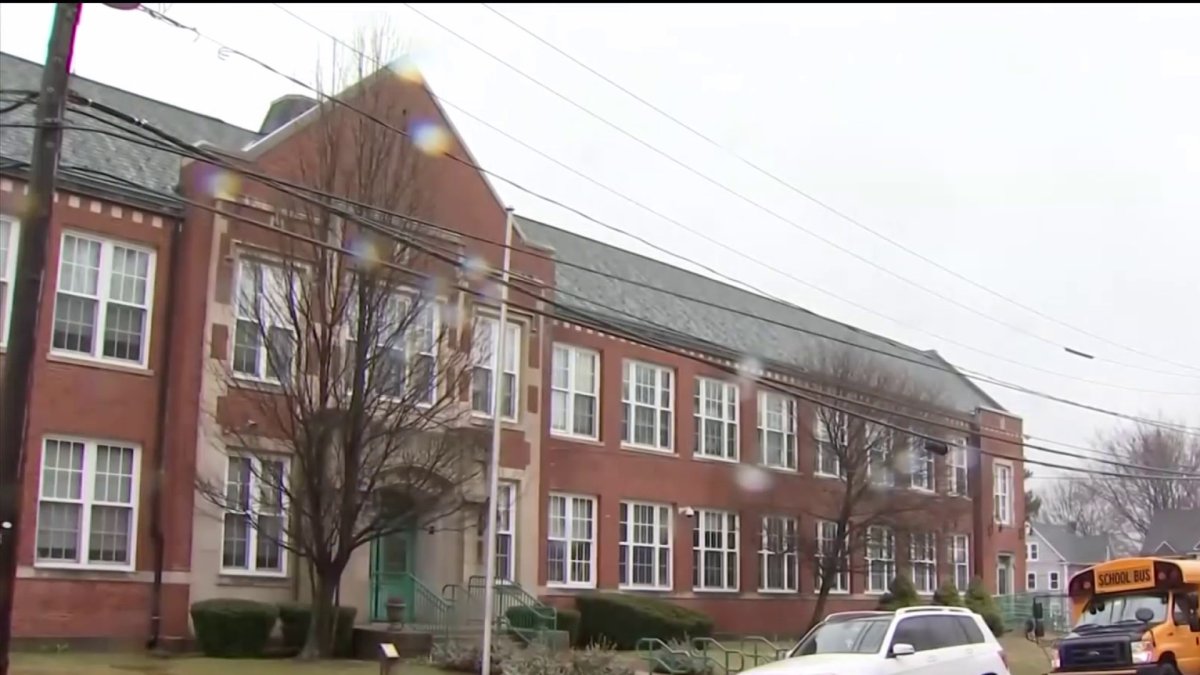
The governor announced Tuesday that in person classes would be canceled for the rest of the year because of the coronavirus pandemic. Educators, parents and students all reacted to the decision
The governor announced plans to keep Connecticut schools closed through the end of the school year Tuesday, a decision that educators who spoke to NBC Connecticut said was not surprising.
Hartford Public Schools Superintendent Dr. Leslie Torres-Rodriguez expressed relief.
“I think we were all worried if it wasn’t that outcome quite frankly,” Torres-Rodriguez said.
In Manchester, one teacher explained there’s no place she’d rather be than her classroom but completely supported the governor’s decision.
“It seemed the responsible decision,” said Manchester High School teacher Kate Dias. “We have all these health and wellness considerations, concern for students' and adults' safety.”
Late last week the Connecticut Education Association, the state’s largest teacher’s union, publicly urged the governor to consider the safety of students and staff of all public schools before making a decision. It advised the governor to keep schools closed.
Prioritizing safety, the CEA suggested social distancing protocols in classrooms, cafeterias and hallways. This, along with, daily school disinfection and PPE for students and staff.
Local
The CEA says the decision to keep schools closed provides time to implement those safety protocols.
Still, the CEA says it does not know if schools will be ready, even by September, to have the entire school population in a building at the same time. Staggered starting times are something the CEA mentioned as a possibility.
While addressing those issues, schools will also need to identify ways of bridging an educational gap, filling a deficit created by losing nearly three months of schooling.
“We’re going to have to have those kinds of discussions about adjusting our curriculum and adjusting our grading practices,” said CEA President Jeff Leake.
There is also the question of equity, as not all communities have 100 percent access to online learning.
“We still haven’t figured out at the moment, how to deal with the disparity of resources that are available to our different districts,” Leake added.
New Britain had 1,000 students without access until recently. Hartford faces a similar challenge, so as students are evaluated before transitioning to the next grade, no student from kindergarten through eighth grade will be held back.
“We cannot penalize students for not having access to a device,” said Torres-Rodriguez. “We cannot penalize students for not have access to connectivity.”
The educators say they will need to adjust their expectations for students in the coming year and accommodate students who may have fallen behind.
“The conversation won’t really be about holding anyone back,” said Dias. “It’ll be about bridging those gaps and finding ways because all kids didn’t experience this the same way.”